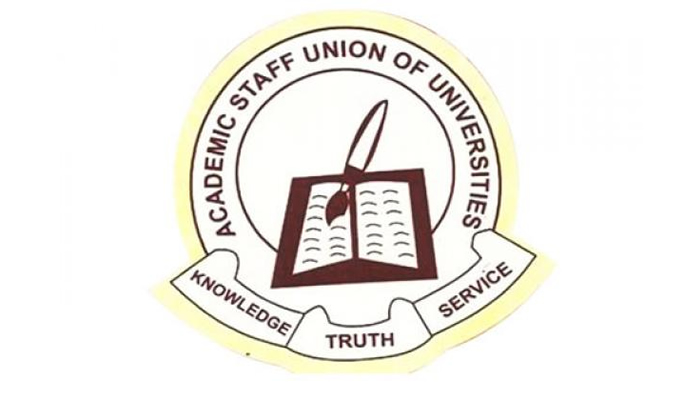The Academic Staff Union of Universities (ASUU) has vehemently denounced the proposed Nigeria Tax Bill 2024, expressing grave concerns about its potentially devastating impact on the nation’s public universities. The Bauchi zone of ASUU, representing six universities, convened a press conference in Jos to articulate their opposition, characterizing the bill as a dangerous and unpatriotic attempt to dismantle the Tertiary Education Trust Fund (TETFund), a crucial pillar of university development in Nigeria. At the heart of ASUU’s critique lies the bill’s proposition to replace the Development Levy, the primary funding mechanism for TETFund projects, with the newly established Nigeria Education Loan Fund (NELFUND). This shift, ASUU argues, would starve universities of essential resources and cripple their ability to maintain infrastructure, support research, and provide quality education.
ASUU’s apprehension stems from the bill’s phased allocation plan, which progressively reduces TETFund’s access to the Development Levy proceeds over time. The bill stipulates that in 2025 and 2026, TETFund would receive only 50% of the collected levy, with the remaining portion distributed among other agencies, including the National Information Technology Development Agency (NITDA) and the National Agency for Science and Engineering Infrastructure (NASENI). While TETFund’s share would marginally increase to 66.7% between 2027 and 2029, the most alarming provision is the complete cessation of TETFund allocation by 2030, diverting all funds to NELFUND. This, ASUU warns, would effectively dismantle TETFund and cripple the Nigerian tertiary education system.
The proposed shift in funding has raised profound concerns about the future of higher education in Nigeria. TETFund, established in 1993, has played a pivotal role in financing infrastructural development, postgraduate training, research initiatives, and capacity-building programs within public tertiary institutions. ASUU argues that diverting these funds to a loan-based system would not only deprive universities of crucial financial resources but also burden students with substantial debt, hindering access to higher education and perpetuating inequalities. The union views this move as a direct attack on the quality and accessibility of tertiary education, potentially leading to a decline in academic standards and a widening gap between the rich and the poor in accessing educational opportunities.
ASUU’s condemnation of the bill extends beyond its financial implications, encompassing a broader critique of the Tinubu-led administration’s policies. The union perceives the bill as part of a pattern of “anti-people policies” that threaten the welfare and future of Nigerian citizens. The proposed changes to TETFund funding are seen as a betrayal of the government’s responsibility to provide quality education and invest in human capital development. By prioritizing a loan-based system over direct funding, ASUU contends, the government is shirking its duty to ensure equitable access to education and jeopardizing the future of Nigerian youth.
In response to the proposed bill, ASUU has issued a fervent call to action, urging the National Assembly to halt further deliberations on the legislation and safeguard the existing TETFund Act of 2011. The union has also mobilized public opinion, appealing to all Nigerians to resist what they deem detrimental policies that undermine the education system. ASUU emphasizes the importance of collective action in protecting the future of education and preventing the implementation of measures that could have long-lasting negative consequences for the nation’s development. The union’s stance reflects a broader concern about the government’s commitment to education and its perceived prioritization of other sectors at the expense of human capital development.
The controversy surrounding the Nigeria Tax Bill 2024 underscores the critical importance of TETFund in sustaining the Nigerian tertiary education system. ASUU’s strong opposition reflects the deep anxieties within the academic community regarding the potential consequences of the proposed changes. The debate over the bill highlights the broader tension between funding models for higher education, with ASUU advocating for continued direct government investment through TETFund, while the proposed bill suggests a shift towards a loan-based system. This disagreement reflects fundamental differences in philosophy regarding the role of government in supporting higher education and its accessibility to all citizens, regardless of their economic background. The ongoing public debate surrounding the bill underscores the need for a comprehensive and inclusive discussion involving all stakeholders to arrive at a solution that best serves the interests of Nigerian students and the future of the nation’s education system.


